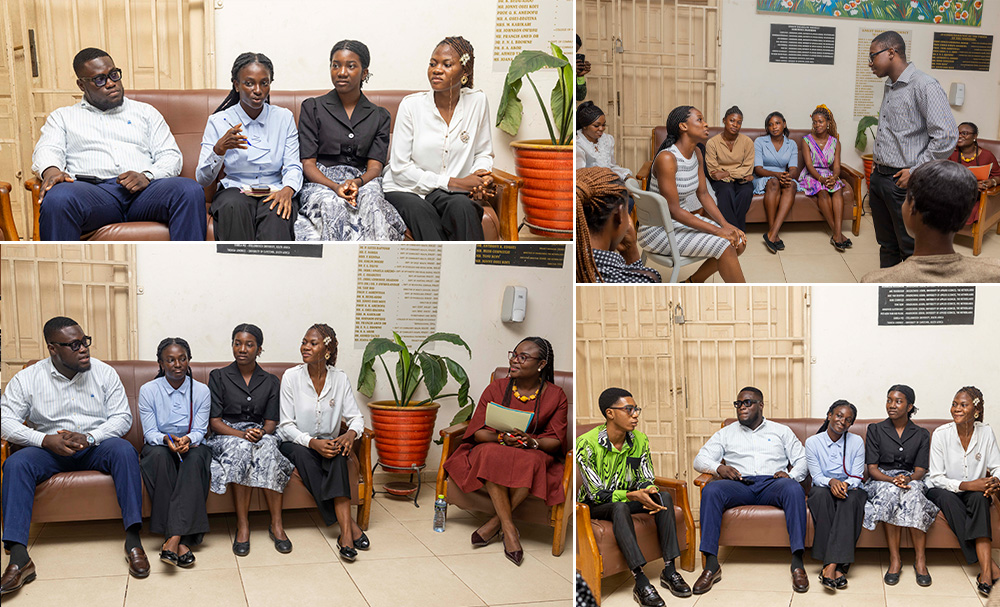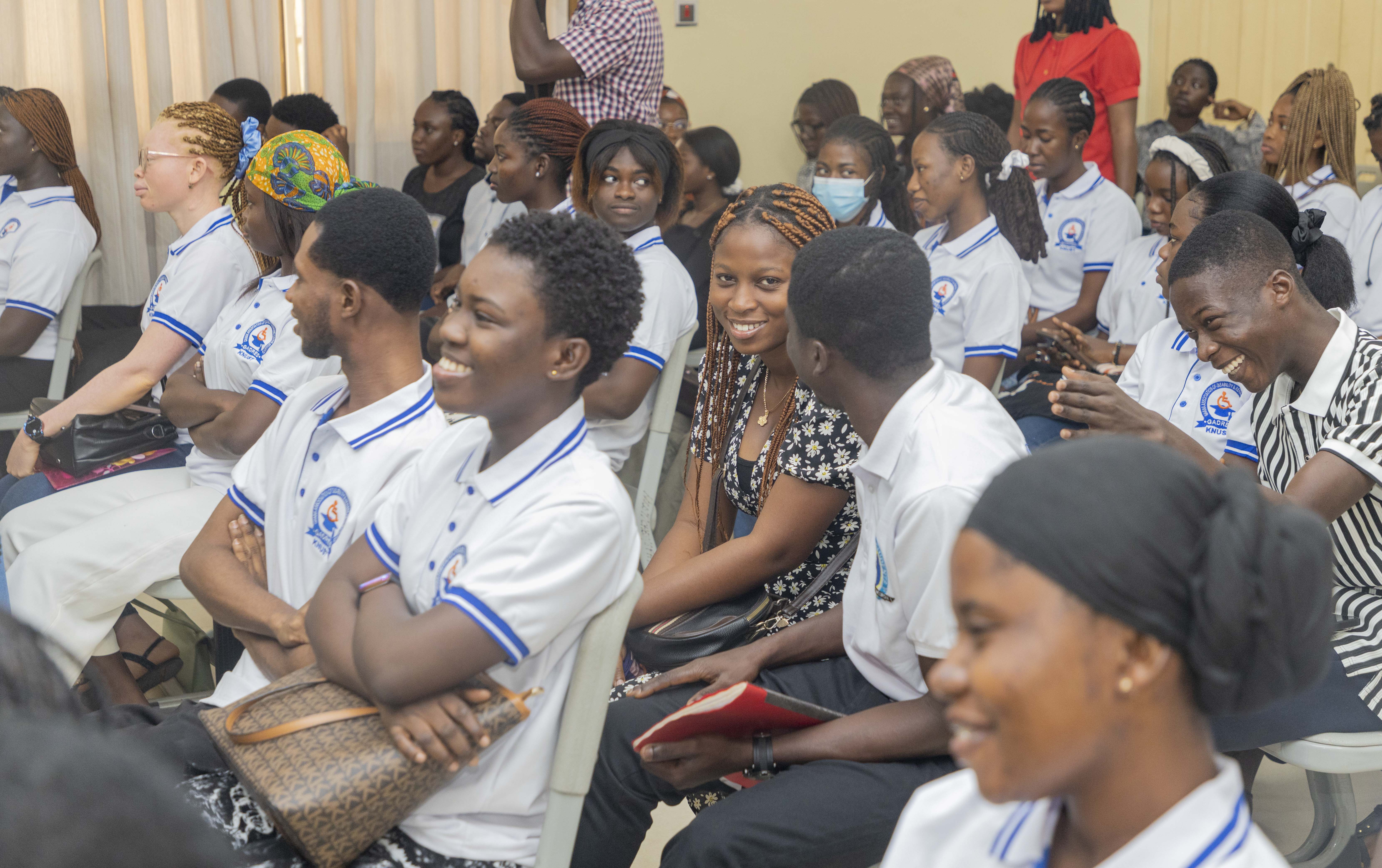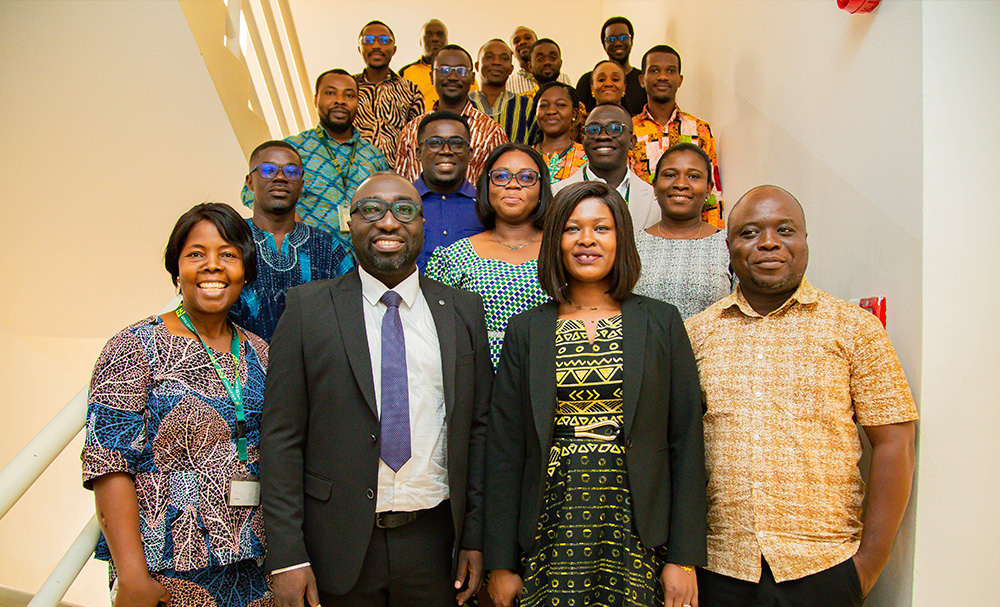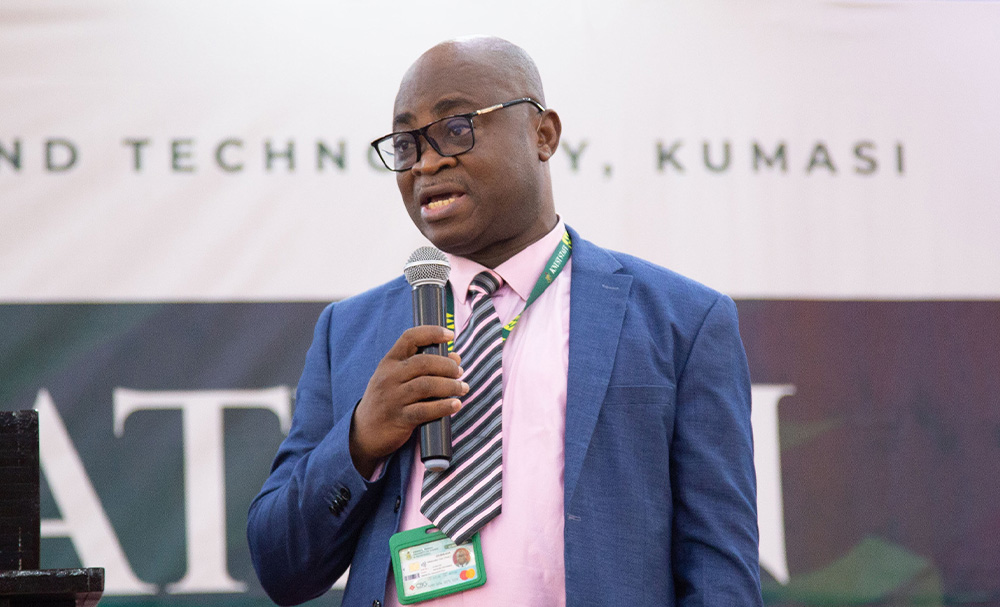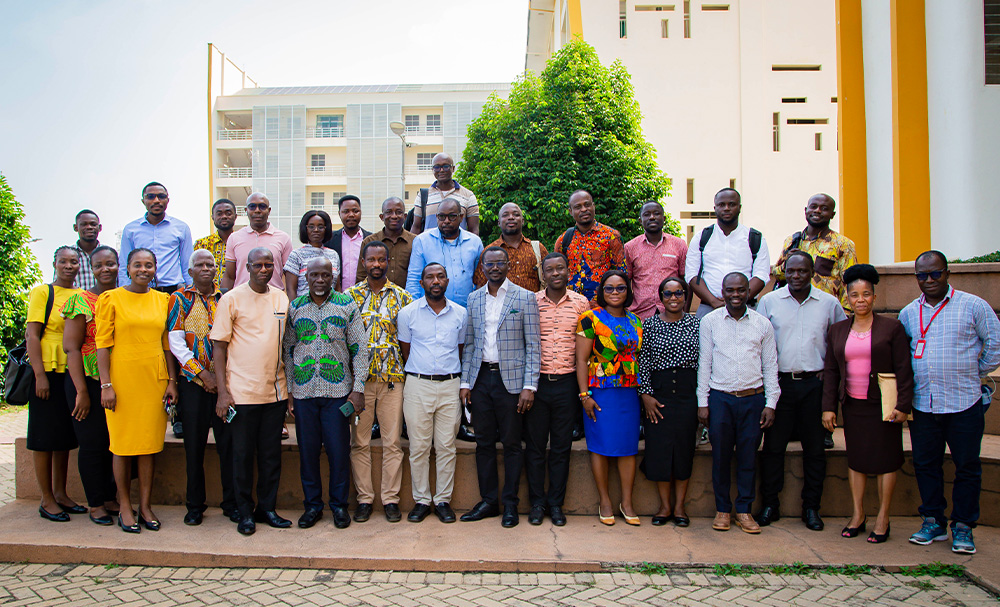New Study Reveals Emotional Toll and Resilience of Dementia Caregivers in Ghana

Ghanaian caregivers make deep personal sacrifices, yet find blessings in their journey
In a powerful new study published in BMC Geriatrics (2024), researchers led by Precious Adade Duodu from the University of Huddersfield, an alumnus of the Kwame Nkrumah University of Science and Technology (KNUST), have shed light on the lived experiences of primary caregivers of people living with dementia (PwD) in Ghana. The research reveals both the significant burdens and unexpected emotional rewards of caregiving in a low-resource setting.
Conducted across eight healthcare facilities in the Ashanti Region, the qualitative study interviewed 30 unpaid family caregivers using a descriptive phenomenological approach. The research is one of the first in Ghana to document how caregivers perceive the impact of their role on their personal, financial, and emotional well-being.
Key Findings
The study identified five major themes:
-
Sacrifice of Personal Interests: Caregivers reported putting aside social lives, religious activities, and personal aspirations to care for loved ones. Many felt isolated and constantly worried about their care recipient's well-being.
-
Financial Strain: Caregiving often resulted in significant economic hardship. Participants cited out-of-pocket expenses for medications and transport, and many struggled to maintain steady employment.
-
Emotional Stress and Burnout: Many caregivers experienced chronic fatigue, anxiety, and discouragement. The dual demands of work and caregiving led to feelings of being overwhelmed and, at times, hopeless.
-
Stigma and Abuse: Several caregivers recounted facing verbal or physical abuse from the PwD and social stigma from their communities due to dementia-related behaviors, sometimes being accused of witchcraft.
-
Perceived Blessings: In a surprising counterpoint, caregivers also reported a sense of spiritual reward. Many believed that their caregiving brought divine favor, good health, and blessings to their families.
Impact and Policy Implications
The study highlights the urgent need for policy action. The researchers call on the Government of Ghana and the National Health Insurance Authority to expand support for dementia care, including financial coverage for medications and psychological services for caregivers. The study also encourages investment in community-based initiatives, such as Alzheimer’s Ghana, to combat stigma and offer caregiver education and respite services.
“This research underscores the duality of caregiving in Ghana—it is both a burden and a blessing,” said Precious Adade Duodu. “We must build more compassionate communities that recognize and support the sacrifices of these unsung heroes.”
Conclusion
The study is a significant contribution to dementia care research in sub-Saharan Africa and calls for holistic support systems that address both the practical and emotional needs of caregivers. It advocates for a more inclusive health system and a cultural shift toward empathy and dignity for people living with dementia and their families.
Access the full study: https://doi.org/10.1186/s12877-024-04894-6

